Advanced Cancer Treatment Solutions
"We connect advanced-stage cancer patients to breakthrough cell therapies and clinical trials."

"We connect advanced-stage cancer patients to breakthrough cell therapies and clinical trials."




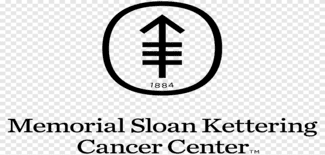


"Through innovative solutions and unwavering dedication, we strive to eliminate barriers, provide hope, and
contribute to a world where cancer is not just treatable but conquerable".


CancerFax is a pioneering platform dedicated to connecting individuals facing advanced-stage cancer with groundbreaking cell therapies like CAR T-Cell therapy, TIL therapy, and clinical trials worldwide. This life-saving service empowers patients to explore new frontiers in cancer treatment while providing them with comprehensive information on trial eligibility criteria, locations, and enrollment processes.
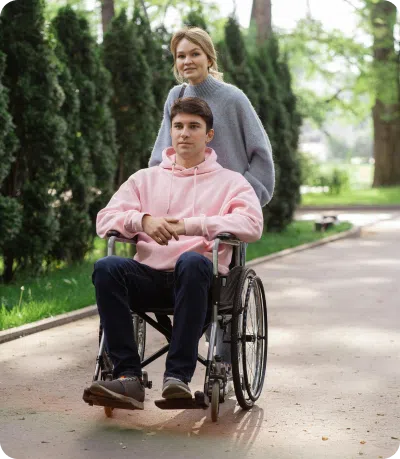
CancerFax is the most trusted international patient facilitator, working with top cancer hospitals in the world like MD Anderson, Dana Farber, Mayo Clinic, Parkway Singapore, Asan, Sheba, NCC Japan, Beijing Cancer Institute, Apollo, and BLK Max to bring you the latest drugs and therapies. Our team ensures patients get concierge services for cancer treatment in the USA, Japan, South Korea, Israel, China, and India.
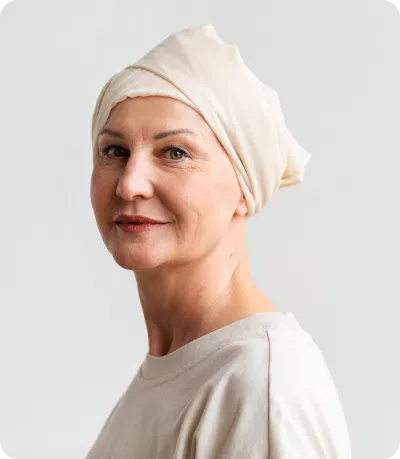
Our company specializes in cancer clinical trial services, facilitating access to groundbreaking research and treatment options. We connect patients with cutting-edge trials, fostering hope and progress in the fight against cancer. With a commitment to improving lives, we’re at the forefront of advancing cancer care through clinical innovation.

CancerFax specializes in guiding individuals through the complex process of enrolling in cancer clinical trials. With unwavering dedication, we connect patients to cutting-edge research and treatment options, offering a lifeline of hope in their battle against cancer. Our team of compassionate experts navigates the intricate world of clinical trials, ensuring that every patient receives personalized support and guidance. We’re committed to empowering patients, giving them access to innovative therapies, and advancing the fight against cancer. At our company, we believe that participation in clinical trials can be a vital step towards a brighter future.
Check details on

CAR T Cell therapy is a revolutionary immunotherapy approach that offers new hope in the fight against cancer. CAR, which stands for Chimeric Antigen Receptor, is a synthetic receptor engineered into a patient’s T cells, the body’s natural defense against diseases. These modified CAR T cells are designed to recognize and attack specific cancer cells with precision, sparing healthy tissues. CAR T cell therapy has shown remarkable success, particularly in treating certain types of leukemia and lymphoma, leading to remissions and improved survival rates in some cases. Despite challenges such as potential side effects and high costs, ongoing research aims to expand its application to a broader range of cancers, promising a brighter future in the battle against this formidable disease.
Check details on
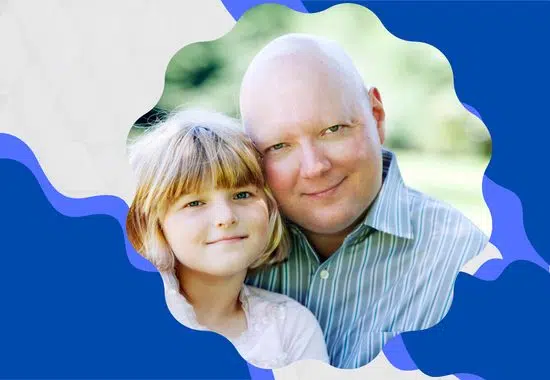
In the USA, cutting-edge cancer care is a wonderful synthesis of innovation, research, and all-encompassing care. Top cancer hospitals in the USA use cutting-edge technology like immunotherapy and precision medicine to customize therapies for each patient’s particular genetic composition and cancer type. This tailored strategy has produced better results and fewer negative effects. Clinical trials are also easily accessible, giving patients access to innovative treatments that show promise for the future. However, the high expense of cancer treatment continues to be a problem, sparking continuous discussions about access to and affordability of healthcare. Cancer patients and their families continue to have hope because to the USA’s dedication to breaking new ground in cancer therapy.
Check details on
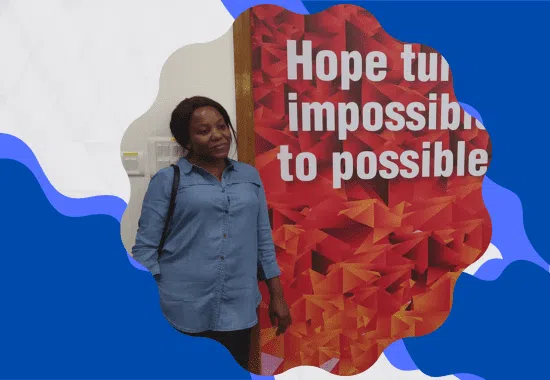
Cancer treatment in India has made significant strides, offering advanced therapies such as surgery, chemotherapy, radiation, and immunotherapy. Top cancer hospitals in India like Tata Memorial Centre, Apollo Cancer Hospital, BLK, Artemis, Asian Oncology, American Oncology, HCG, etc., provide world-class care. India’s advantage lies in affordability, attracting medical tourists seeking high-quality, cost-effective cancer treatments.
Check details on
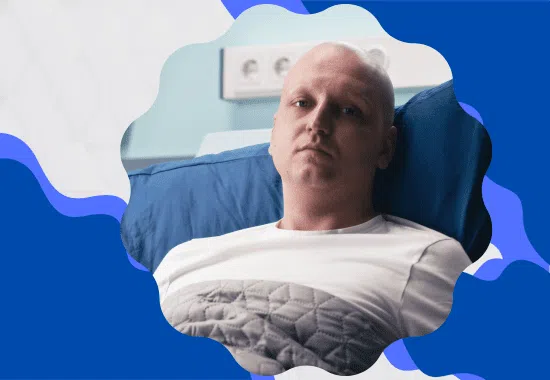
Cancer treatment in Singapore is characterized by cutting-edge medical technology and a holistic approach to care. World-class facilities like the Parkway Cancer Center provide a comprehensive range of treatments, from surgery and chemotherapy to targeted therapies and immunotherapy. Multidisciplinary teams of experienced oncologists tailor personalized treatment plans, ensuring the best outcomes for patients. Singapore’s healthcare system is known for its efficiency and accessibility, attracting patients from around the world. Beyond medical care, the country offers a supportive environment for patients and their families, with numerous support groups and counseling services to help navigate the challenging journey of cancer treatment.
Check details on
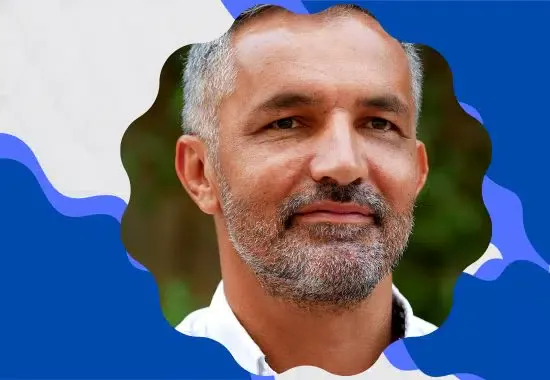
Cancer treatment in South Korea is characterized by a harmonious blend of traditional and modern approaches to healthcare. Leading medical institutions like the National Cancer Center Korea and Asan Medical Center offer state-of-the-art technology and a holistic patient-centric approach. South Korea’s healthcare system is renowned for its efficiency, accessibility, and quality of care, attracting patients from across the globe. The country boasts a thriving medical tourism industry, offering advanced treatments such as precision medicine and immunotherapy. Patients benefit not only from cutting-edge therapies but also from a supportive ecosystem of research, clinical trials, and comprehensive cancer care services.
Check details on

Cancer treatment in Israel stands at the forefront of medical innovation. Renowned for its advanced research and pioneering therapies, Israel’s healthcare system offers world-class oncology care. Leading institutions like Sheba Medical Center and Hadassah Hospital leverage state-of-the-art technology, precision medicine, and immunotherapy to combat cancer effectively. Israel’s collaborative environment encourages groundbreaking research and clinical trials, making it a hub for innovation in oncology. Additionally, a compassionate and multidisciplinary approach ensures holistic patient care, while medical tourists seek its expertise. Israel’s commitment to cancer treatment extends beyond borders, offering hope and advanced solutions to patients worldwide.

India’s innovative CAR-T cell therapy, NexCAR19, is the country’s initial indigenous strategy to fight cancer. Created by ImmunoACT, a branch of IIT Bombay, this advanced therapy utilizes genetically modified T-cells to target and eliminate cancerous cells, specifically in blood malignancies such as leukemia and lymphomas. Initial trials demonstrate potential, with around 50% obtaining total remission, particularly in juvenile cases of B-cell acute lymphoblastic leukemia. NexCAR19 shows decreased neurotoxicity in comparison to foreign options, indicating possible benefits over current treatments. India plans to provide this treatment at a reduced cost compared to worldwide prices, starting at roughly INR 30–40 lakhs and aiming to lower it to INR 10–20 lakhs with regulatory approval.
Check details on
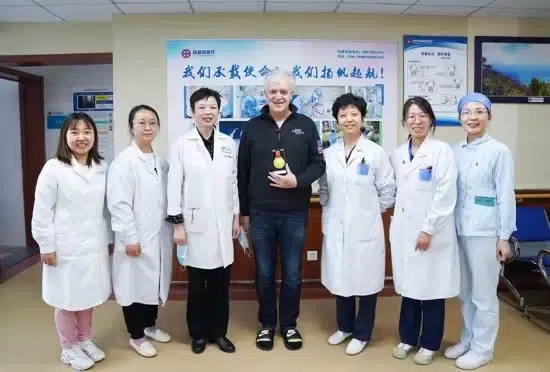
CAR T-cell therapy in China has seen remarkable advancements in recent years, mirroring the global progress in this cutting-edge cancer treatment. With more than 700 ongoing clinical trials, China leads the development of CAR T-Cell therapy. China has swiftly embraced CAR T-cell therapy, offering new hope to patients battling various cancers, including leukemia and lymphoma. Several Chinese hospitals and research institutions are actively conducting clinical trials and providing CAR T-cell therapy to eligible patients. The country’s robust infrastructure and access to a vast patient population have accelerated research and development efforts. With a commitment to advancing this innovative therapy, China is significantly contributing to the global landscape of cancer immunotherapy, enhancing treatment options for patients nationwide.
Check details on

In Israel, CAR T-cell therapy has emerged as a transformative approach in the fight against cancer. The country’s healthcare sector, known for its world-class research and innovation, has made significant strides in developing and implementing CAR T-cell therapies for patients with hematologic malignancies and solid tumors. Leading medical institutions and biotechnology companies in Israel are actively involved in clinical trials and research projects, pushing the boundaries of CAR T-cell therapy. Israel’s collaborative environment and cutting-edge technologies have positioned it as a global player in advancing immunotherapy, offering new treatment avenues and hope for cancer patients, both domestically and worldwide.
Check details on

CAR T-cell therapy has made significant inroads in Singapore’s healthcare landscape, offering a promising avenue for cancer treatment. The country’s advanced medical infrastructure and research capabilities have enabled the development and application of this cutting-edge immunotherapy. Patients in Singapore now have access to CAR T-cell therapy for various blood cancers, marking a transformative shift in oncology care. Local healthcare institutions are actively involved in clinical trials and collaborations with global experts, ensuring patients receive world-class treatment. With its commitment to innovation and patient-centric care, Singapore is playing a pivotal role in advancing CAR T-cell therapy, providing new hope to cancer patients in the region and beyond.
Check details on

"Our vision is to lead the way in revolutionizing cancer treatment facilitation, ensuring every individual’s access to personalized, comprehensive, and compassionate care. Through innovative solutions and unwavering dedication, we strive to eliminate barriers, provide hope, and contribute to a world where cancer is not just treatable but conquerable."
“Through innovative solutions and unwavering dedication, we strive to eliminate barriers, provide hope, and contribute to a world where cancer is not just treatable but conquerable.”
Check details on
We love our users because they love us. Check out some of the love they’ve sent our way
“I am writing this testimonial to express my profound gratitude for the life-changing experience I had with the CancerFax team, who introduced me to CAR T-cell therapy in China. My journey battling cancer took a hopeful turn when I was introduced to this groundbreaking treatment, and it has been nothing short of remarkable. Before CAR T-cell therapy, I had exhausted conventional treatments without much success. My situation was dire, and hope was fading. However, my decision to undergo CAR T-cell therapy in China was a turning point. The level of care and expertise I received was exceptional. The medical team was not only highly skilled but also incredibly compassionate, providing me with the support and reassurance I needed during this challenging time.”

Multiple Myeloma Survivor, Norway
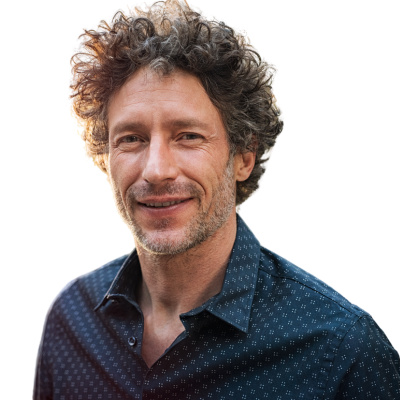
Find below the answers to the most common questions patients have about cancer treatment.
Advanced cancer treatment options include:
Immunotherapy: This treatment uses the body’s immune system to fight cancer cells. It can be highly effective in certain cancers by boosting the immune response against cancer cells.
Targeted Therapy: This involves drugs that specifically target genetic mutations or abnormalities within cancer cells, minimizing damage to healthy cells.
Precision Medicine: By analyzing a patient’s genetic makeup and tumor characteristics, doctors can tailor treatments for specific cancer types, leading to more effective outcomes.
CAR T-cell Therapy: This innovative therapy involves genetically modifying a patient’s T-cells to recognize and attack cancer cells, particularly in blood cancers like leukemia, multiple myeloma, and lymphoma.
Advanced cancer treatments offer several benefits:
Enhanced Effectiveness: Targeted therapies and immunotherapies are often more effective and precise, resulting in better outcomes and fewer side effects.
Personalized Approach: Advanced treatments are often tailored to an individual’s genetic and molecular profile, maximizing effectiveness while minimizing unnecessary treatment.
Reduced Side Effects: Compared to traditional chemotherapy and radiation, advanced therapies can have fewer severe side effects, improving quality of life during treatment.
Increased Survival Rates: Many advanced treatments have shown to significantly improve survival rates and long-term outcomes, especially in cases of advanced or metastatic cancer.
Accessing advanced cancer treatments involves several steps:
CancerFax: Send us your medical reports on email or WhatsApp and our medical team will guide you with best available advanced cancer treatment options.
Consultation with Oncologist: Patients should discuss advanced treatment options with their oncologist, who can provide information on available therapies and suitability for individual cases.
Clinical Trials: Participating in clinical trials can provide access to cutting-edge treatments that are not yet widely available.
Health Insurance Coverage: Patients should check with their health insurance provider to understand coverage for advanced treatments and associated costs.
Referral to Specialized Centers: Referral to specialized cancer centers or hospitals known for advanced cancer care can ensure access to a wider range of treatment options.
Patient Advocacy Groups: These groups can provide resources, support, and information on accessing advanced treatments and navigating the healthcare system effectively. Join our Facebook group, Conquering cancer.
CancerFax is connected to some of the world’s and the USA’s top cancer hospitals. Check our list of hospitals above and select the one that fits your requirements. Our medical team can also help you select the one that fits your requirements and needs. Check out the list of the best cancer hospitals in the USA. .
CAR T-cell therapy, or chimeric antigen receptor T-cell therapy, is an innovative immunotherapy approach. It involves collecting a patient’s own T cells, genetically modifying them to target cancer cells more effectively, and then infusing these modified cells back into the patient’s body. The CAR T cells can recognize and attack cancer cells with precision. Check out the complete details on CAR T-Cell therapy. .
Yes, some companies have started CAR T-Cell therapy in India with the help of vectors from China and Malaysia. However, this therapy is still under clinical trials. Patient consent forms and doctor advice are solicited before you go for these trials.
In China, CAR T-cell therapy is primarily approved and used for the treatment of hematologic malignancies, such as lymphoma, leukemia, and myeloma.
While there are some clinical trials and research efforts exploring CAR T-cell therapy for solid tumors, progress in this area has been slower compared to hematologic malignancies.
As per the information available, CAR T-cell therapies for solid tumors account for only 9% of the total CAR T-cell therapies being developed in China.
CAR T-Cell therapy cost in China varies between 45,000 USD and 90,000 USD. The overall cost depends upon the hospital chosen and the number of target antigens chosen. The cost of the approved CAR-T cell therapies in China is generally around 1,200,000 Chinese yuan (CNY), which is equivalent to approximately US$170,000. The cost of Cilta-Cel, FUCASO (NMPA-approved) for multiple myeloma varies between 250,000 and 300,000 USD. The cost-effectiveness of CAR-T cell therapies in China varies depending on the specific therapy and the patient’s condition.

ESTD: 1941
No. of beds: 1200
The MD Anderson Cancer Centre is a recognised organisation that leads the globe in cancer treatment, research, and education. It was founded in 1941 and is based in Houston, Texas. It has long been a leader in cancer research and treatment. The facility is named for Monroe Dunaway Anderson, a wealthy businessman and philanthropist who had the idea to build a comprehensive cancer centre that would revolutionize how cancer is understood and treated.
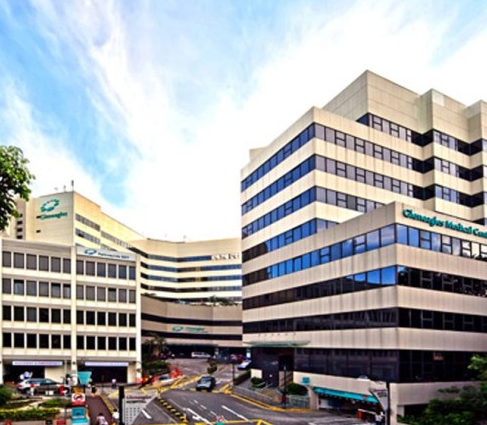
ESTD: 2001
No. of beds: 380
Parkway Hospitals attracts international patients because of its world-class medical facilities and expertise. Parkway Hospitals is Asia’s largest private healthcare provider.
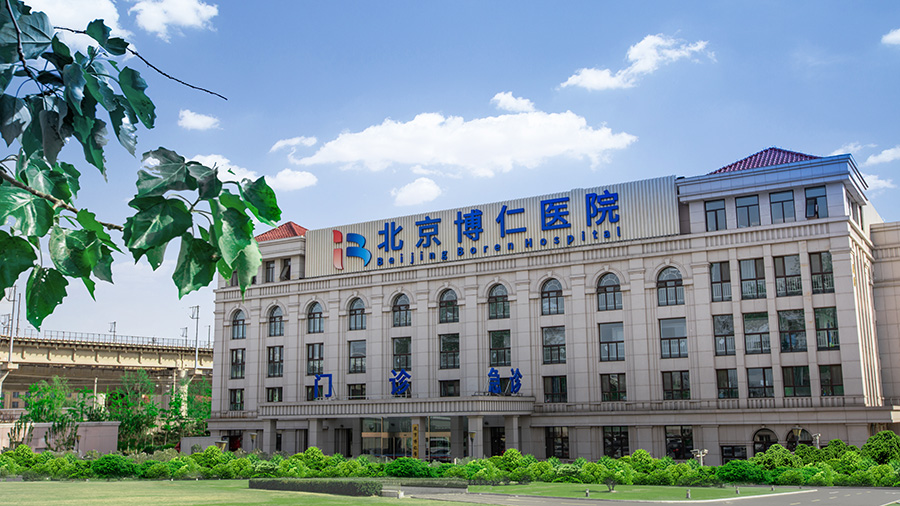
ESTD: 2003
No. of beds: 400
Beijing Gobroad Boren Hospital is a privately owned medical facility dedicated to advanced medical technology, compassionate care, and patient satisfaction, prioritizing the well-being of patients above all else. We incorporate the advanced knowledge system, diagnostic and treatment procedures, sustainable medical training, patient education, hospital administration, and service concept from the top-tier medical group in the United States, Mayo Clinic.



